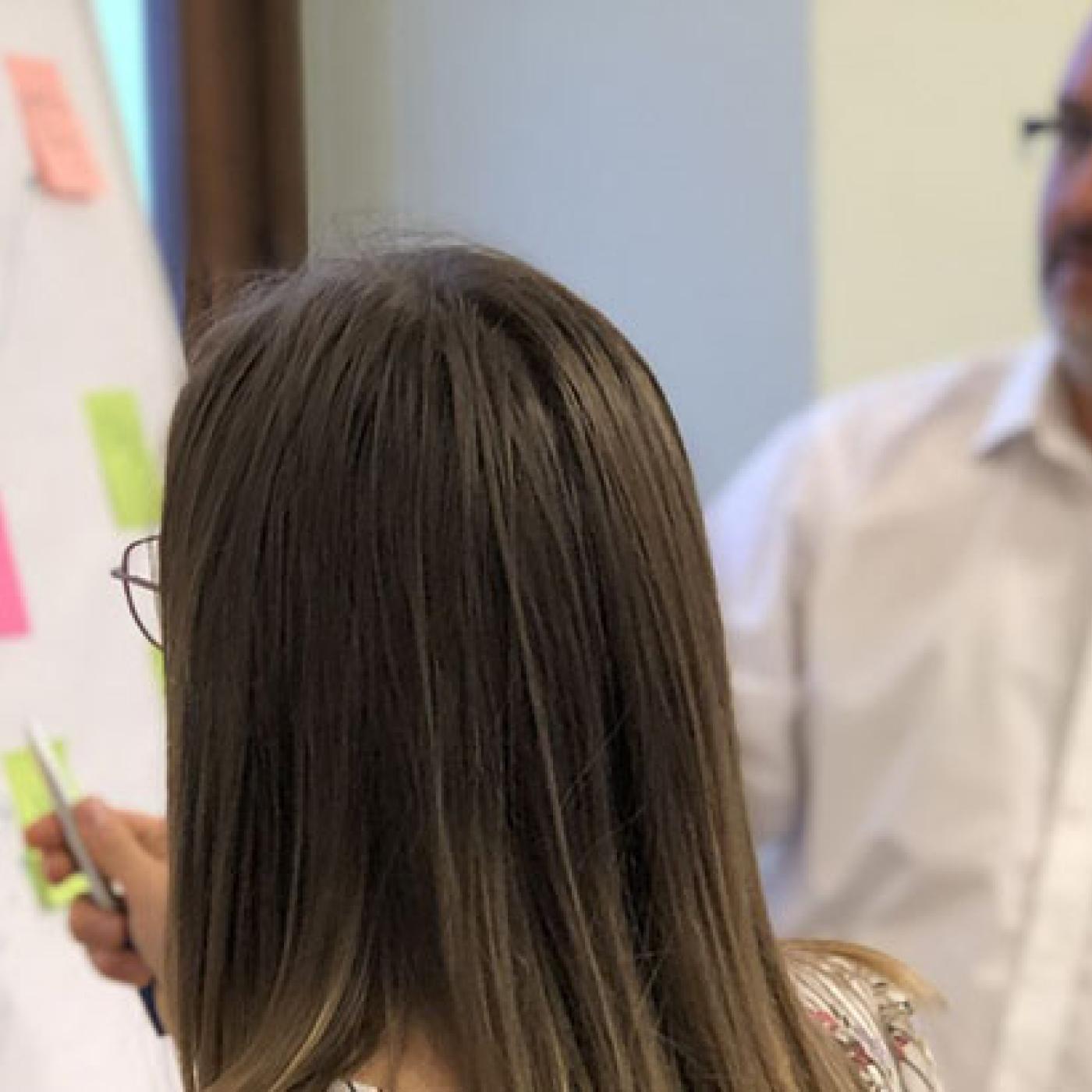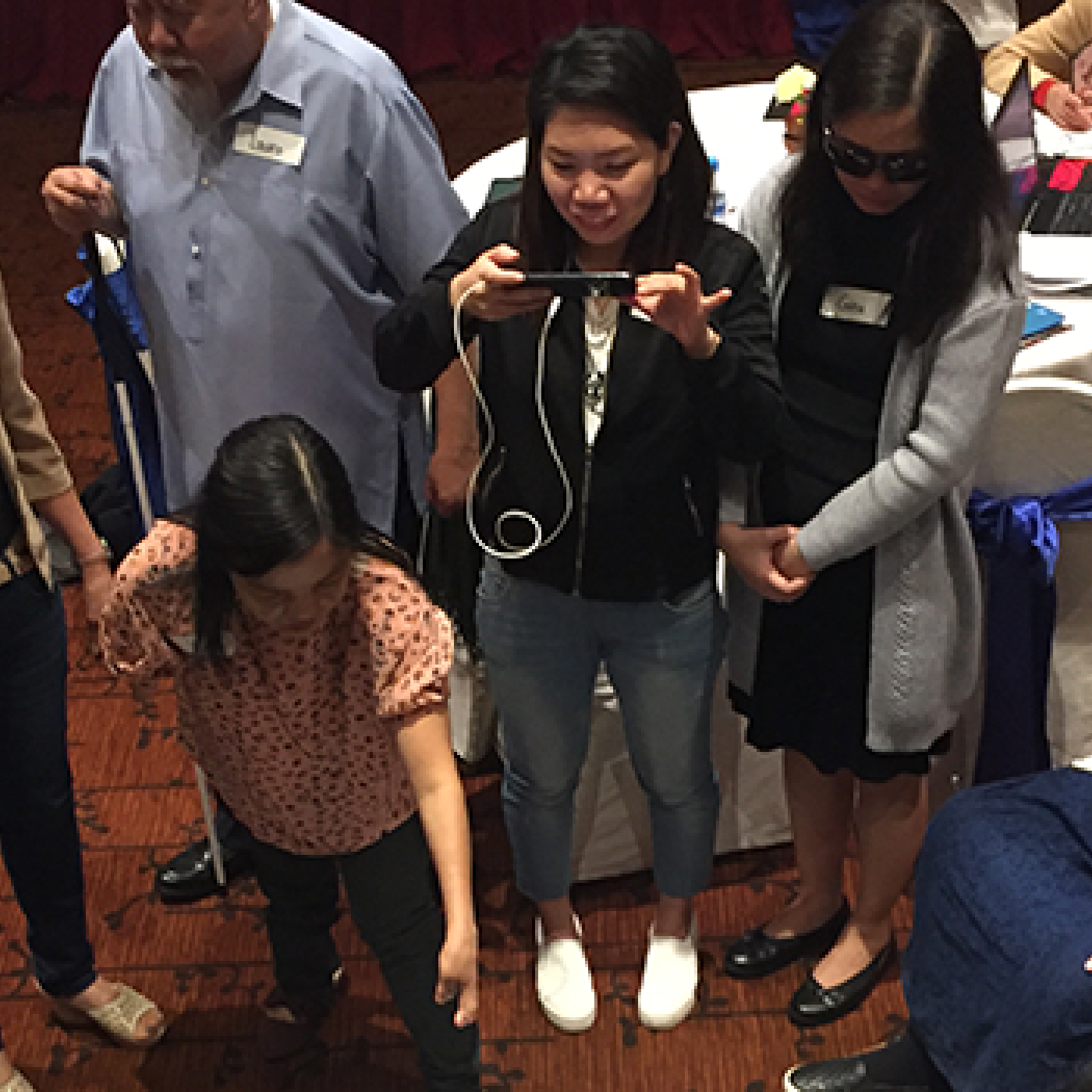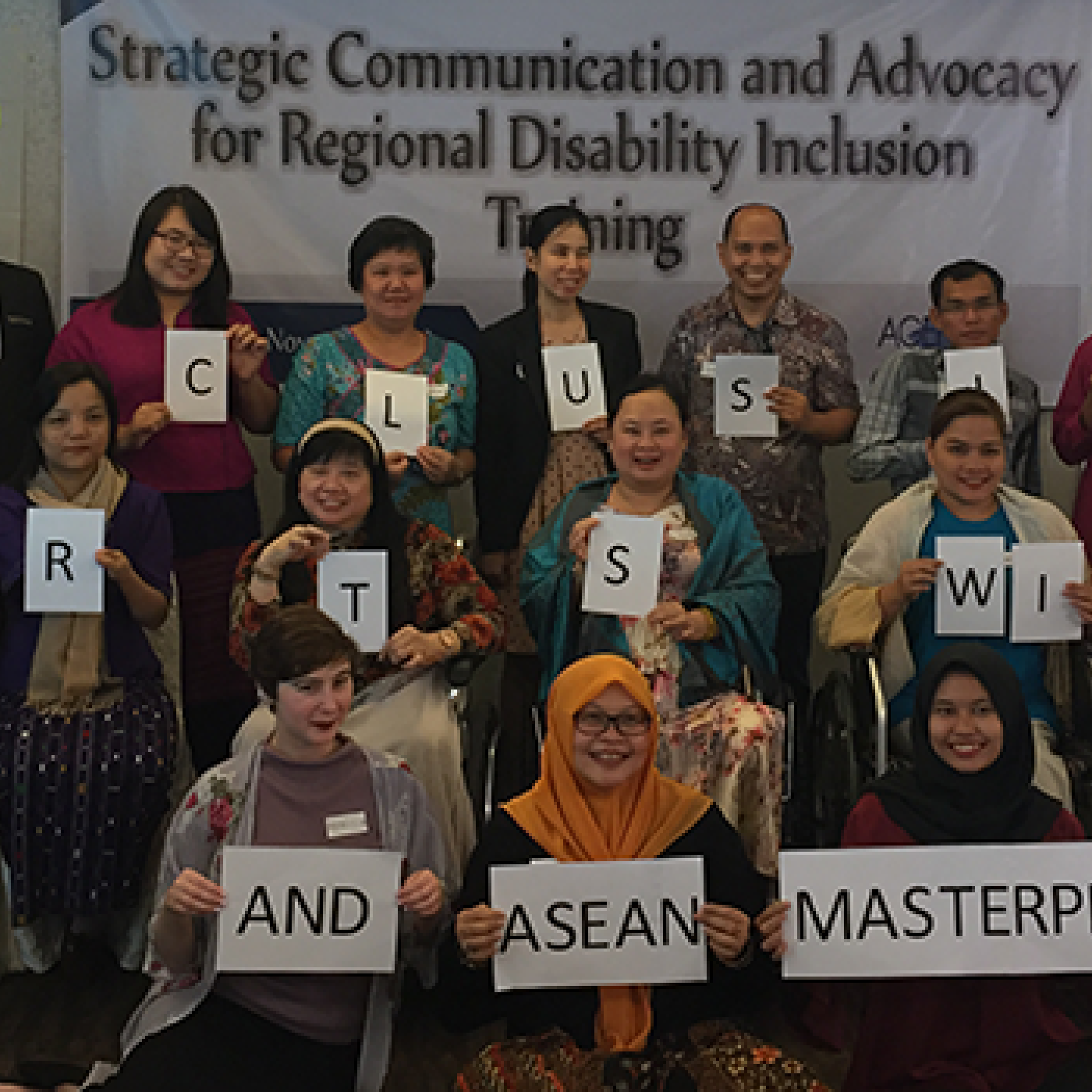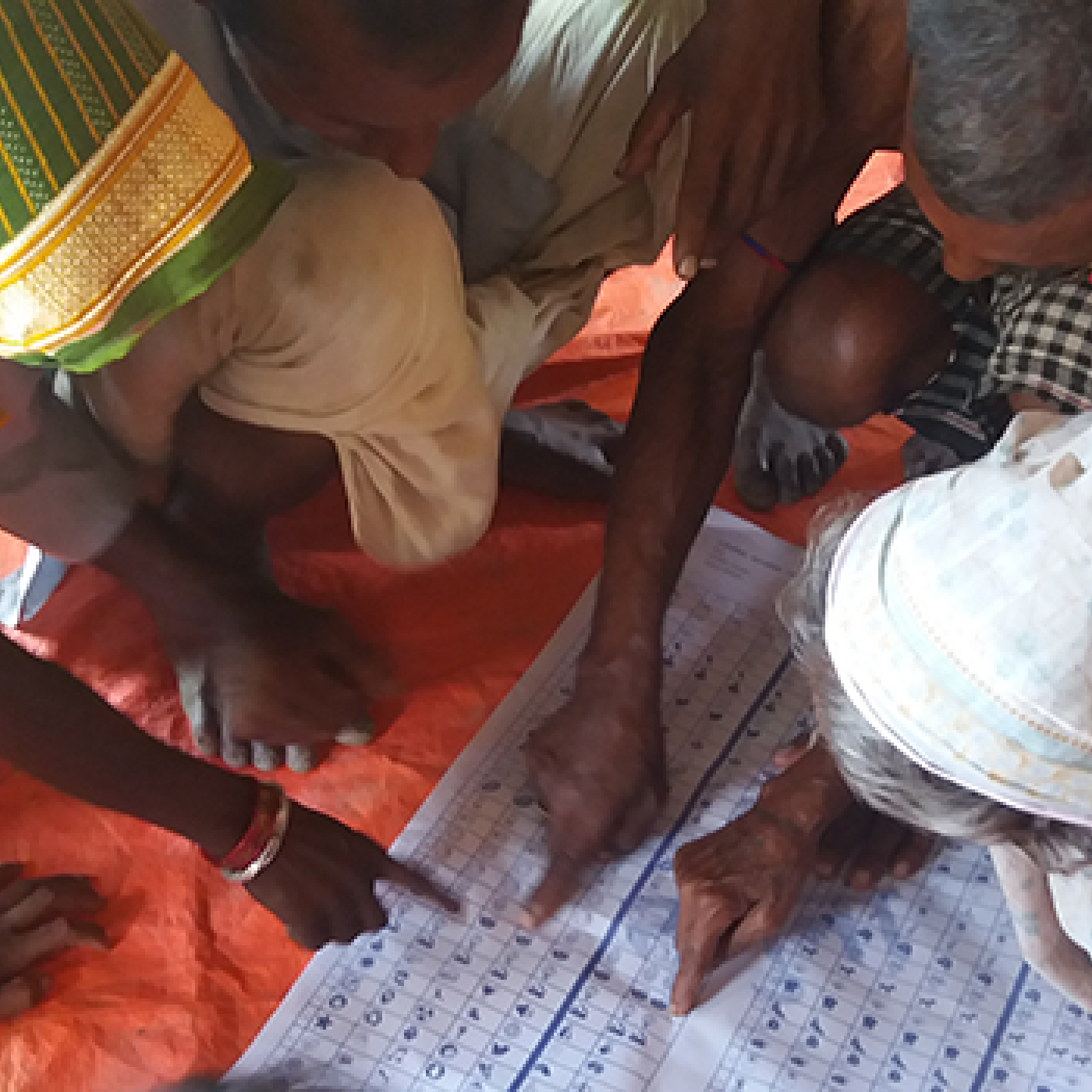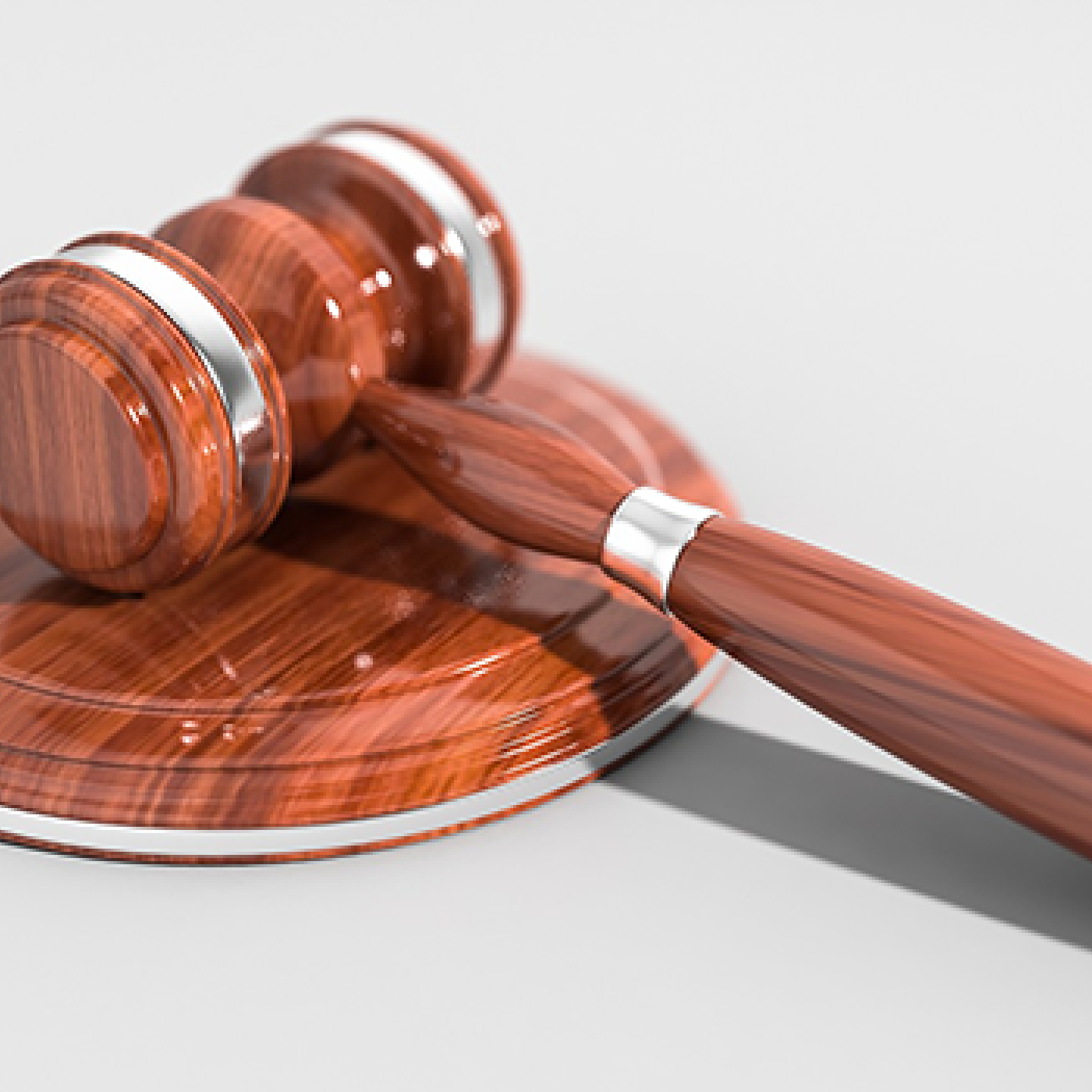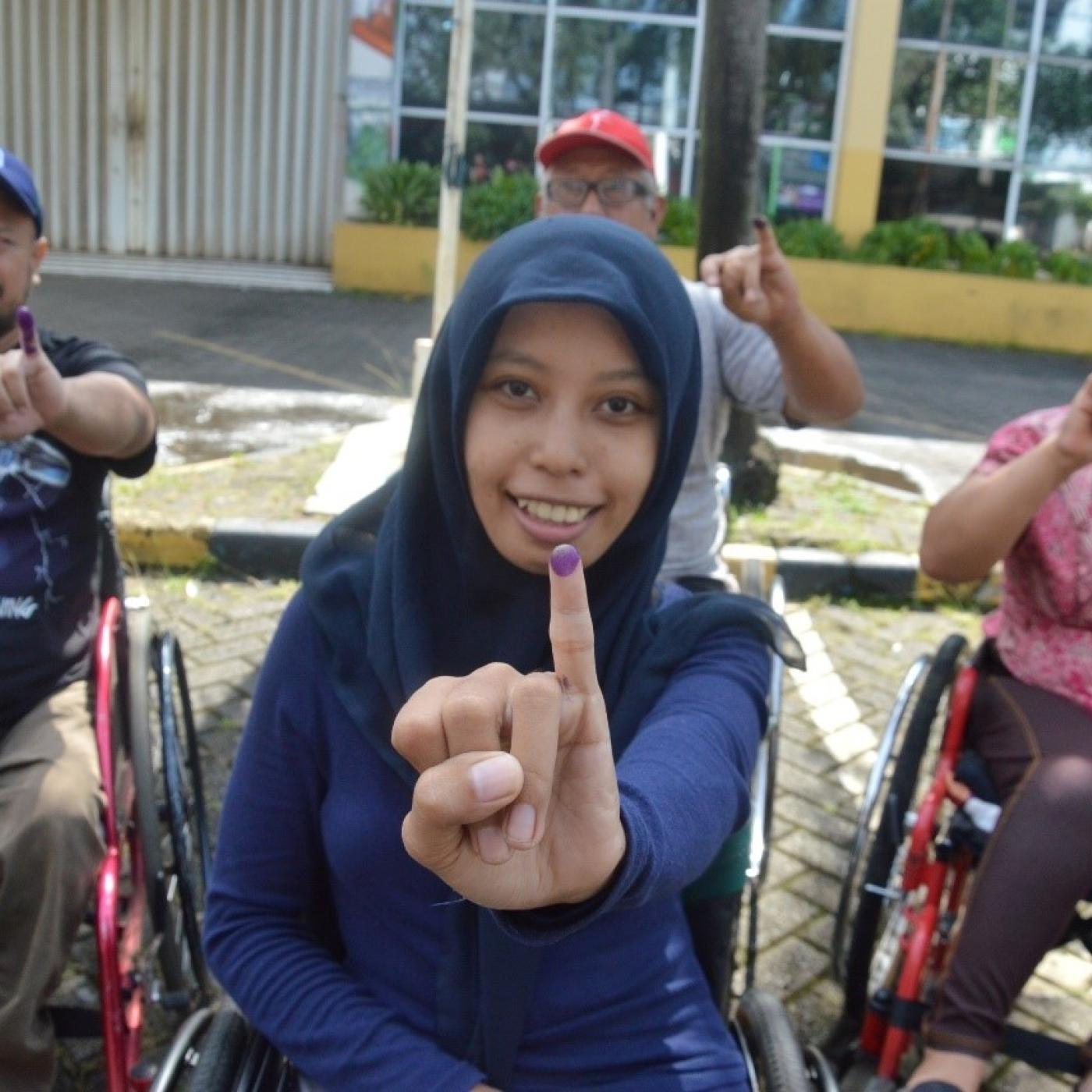Tools & Resources
Filter by
Type
Publication date
Language
Type
Publication date
Language
News & Updates
Announcement
Implementing International Anti-Corruption Commitments Worldwide
IFES and CEELI launched the worldwide ECAC and IMPACTS projects.
News & Updates
Feature
Advocates Trained to Evaluate Implementation of Regional Disability Rights Policy Document
On January 30, IFES and the General Election Network for Disability Access trained advocates from disabled people’s organizations and election-focused civil society organizations on the reporting process for a new regional policy document.
News & Updates
Feature
Organizations Trained to Advocate for Southeast Asia Regional Disability Rights Plan
On November 1-4, 2018, the General Election Network for Disability Access organized a communications and advocacy training of disabled people’s organizations and civil society organizations from eight countries in the Association of Southeast Asian Nations Community.
Publication
Report/Paper
The Integrity of Elections in Asia: Policy Lessons Applied
In response to a recent study by Max Grömping entitled The Integrity of Elections in Asia: Policy Lessons from Expert Evaluations, IFES produced a briefing paper with some examples of policy lessons applied in practice across Asia. IFES has worked in Asia for the past three decades supporting election management bodies, civil society and other electoral stakeholders in their efforts to promote electoral integrity.
November 26, 2018
News & Updates
Feature
Elections on Trial Project: Inaugural Meeting of the Europe and Eurasia Electoral Jurisprudence Working Group
IFES is working to establish peer networks in Europe and Eurasia and Africa, supported by the United States Agency for International Development. Regional knowledge exchange allows judges and election commissioners to discuss best practices and share comparative examples of how other countries deal with specific categories of complaints and disputes.
News & Updates
Feature
Advancing Disability Rights in Southeast Asia through Regional Network of Advocates
In 2011, IFES established the General Election Network for Disability Access (AGENDA) across Southeast Asia. A creative partnership between disabled persons’ organizations (DPOs) and election-focused civil society organizations, AGENDA serves as a forum to improve access to political and electoral opportunities for persons with disabilities by increasing public awareness and elevating advocacy efforts that call for change.
Publication
Report/Paper
Lithuania: Money and Politics Case Study
Lithuania has rapidly developed both politically and economically since emerging from the Soviet Union in 1991. While the country has built a functioning parliamentary system of government, has become a member of NATO, and is on the verge of joining the European Union, it still faces many problems associated with the many consolidating democracies around the world. As in all democracies, populations need to trust that those they elect will represent their interests. Problems such as corruption, weaknesses in laws concerning the political financing, and unaccounted for political income and expenditures threaten the credibility of the process and hinder the speed at which democracy is consolidated. Additionally, Lithuania lacks the high level of vibrant debate about the issue of political financing among scholars, journalists and civil society bodies required to promote meaningful reform. Recognizing this, Lithuania has developed an independent Central Electoral Committee (CEC) and adopted laws requiring detailed and public disclosure of political finance accounts. Prior to conducting Money and Politics programming in Lithuania, the CEC had made a demonstrable interest in making information public. While scanning summary report of accounts and placing them on the internet, the user could not search, not easily compare and analyze the information. Interested parties were required to make an appointment to view more detailed, paper-based information. Further, while the Tax Authorities are required to audit final political party reports, enforcement is widely considered to be weak. Few, if any, cases of political finance violations have been forwarded and investigated, not to mention prosecuted. By addressing the difficult issues surrounding political finance with the support of IFES in 2002 and 2003, Lithuania is emerging as a model for other consolidating democracy to follow. Significant areas remain to be addressed. While Lithuania has taken concrete steps to reform political finance legislation, open political finance information to public scrutiny and oversight, and encourage debate, further efforts are required to actively enforce laws and regulations and raise the level of debate among the various governmental, legislative, and civil society groups. By addressing these areas, Lithuania has the potential for being an example of best practices while making local expertise and resources to other countries undergoing similar reforms.
December 31, 2002
Publication
Report/Paper
Mission d assistance technique et d'observation des elections presidentielles du 3 novembre, 1996 a Madagascar: Rapport finale
This final report on the technical assistance and observation mission to the November 1996 Presidential Elections in Madagascar. The report focuses on the electoral code, voter registration, the role of the media and international observers and assesses future programmatic needs of NGOs. Lastly, the report provides a post-election analysis of and recommendations regarding election administration in Madagascar.
November 30, 1996
Publication
Report/Paper
Technical Assistance and Observation Mission to the November 3, 1996 Presidential Elections in Madagascar: Final Report
This final report on the technical assistance and observation mission to the November 1996 Presidential Elections in Madagascar. The report focuses on the electoral code, voter registration, the role of the media and international observers and assesses future programmatic needs of NGOs. Lastly, the report provides a post-election analysis of and recommendations regarding election administration in Madagascar.
November 30, 1996




